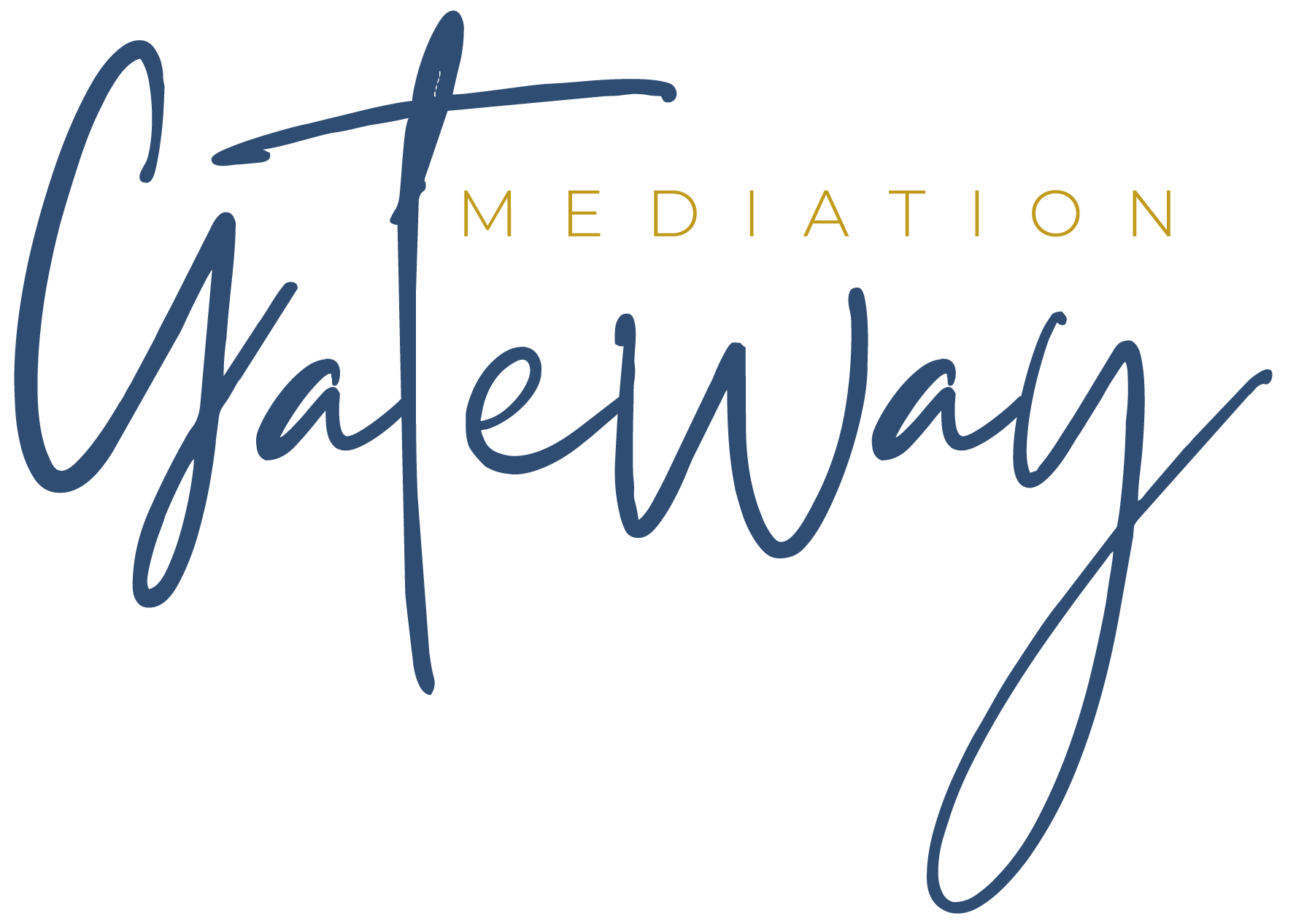-
- Introduction: The mediator introduces themselves and explains the mediation process. They establish ground rules, such as confidentiality and respectful communication.
- Opening Statements**: Each party can make an opening statement, describing their perspective on the issue and what they hope to achieve through mediation.
- Joint Discussion: The mediator encourages a constructive dialogue between the parties. This phase lets each side clarify their understanding of the issues and directly hear the other party’s viewpoint.
- Private Caucuses: The mediator may meet privately with each party to discuss confidential matters, explore underlying interests, and facilitate brainstorming of possible solutions.
- Negotiation: The mediator assists the parties in generating options for resolution and guides them in negotiating a mutually acceptable agreement.
- Closure: Once an agreement is reached, our mediators support the parties in formalising the contract terms. They may also discuss the implementation and follow-up actions.
- Completion: The final agreement is typically written and signed by the parties. Depending on the situation, it may be legally binding or used as a basis for further action.
- Throughout the mediation process, the mediator remains impartial and does not impose decisions on the parties. Instead, they facilitate a collaborative problem-solving approach, empowering the parties to reach their own solutions.
Mediation is often used in various contexts, including family disputes, workplace conflicts, business disputes, and community disagreements. Its voluntary nature and focus on cooperation distinguish it from adversarial processes like litigation.


